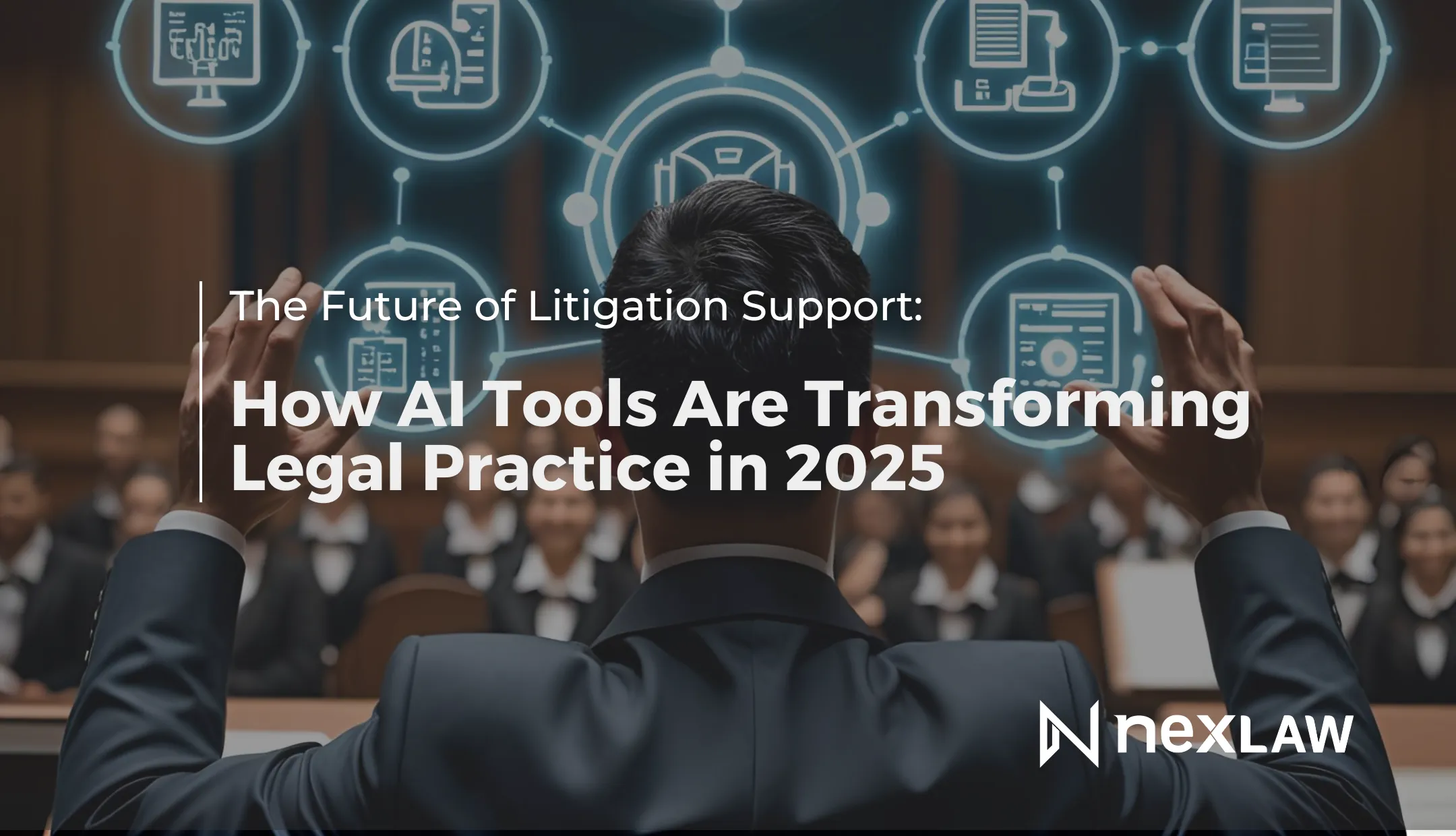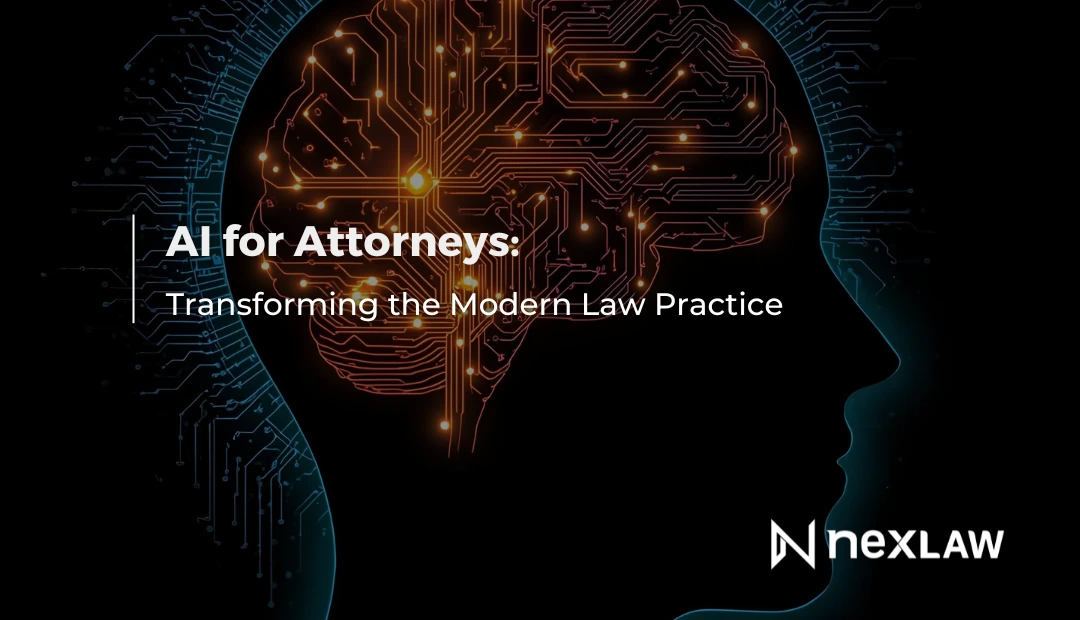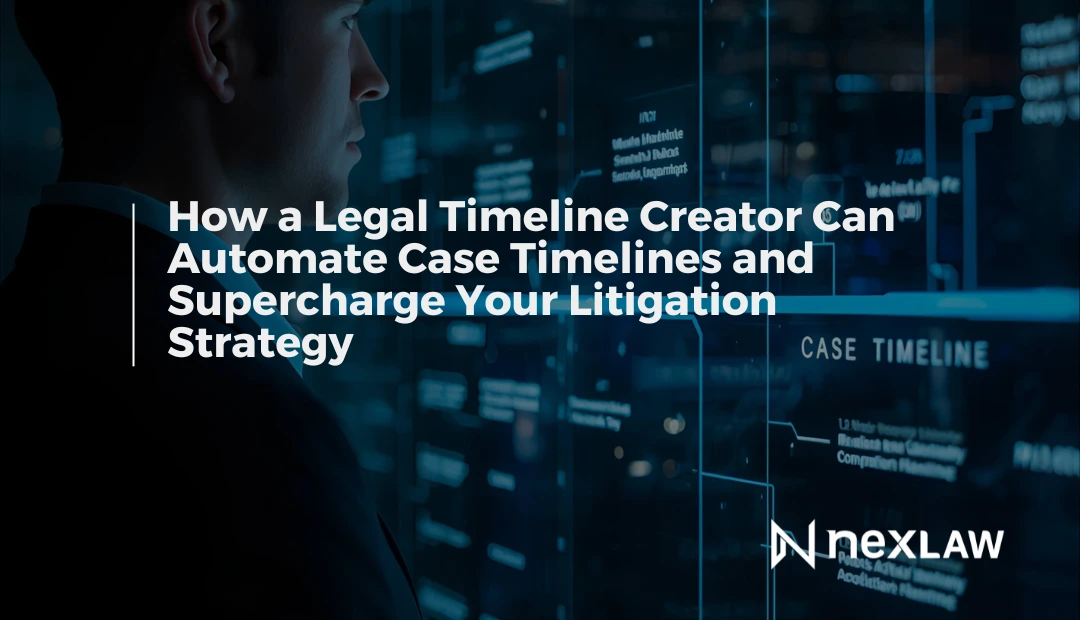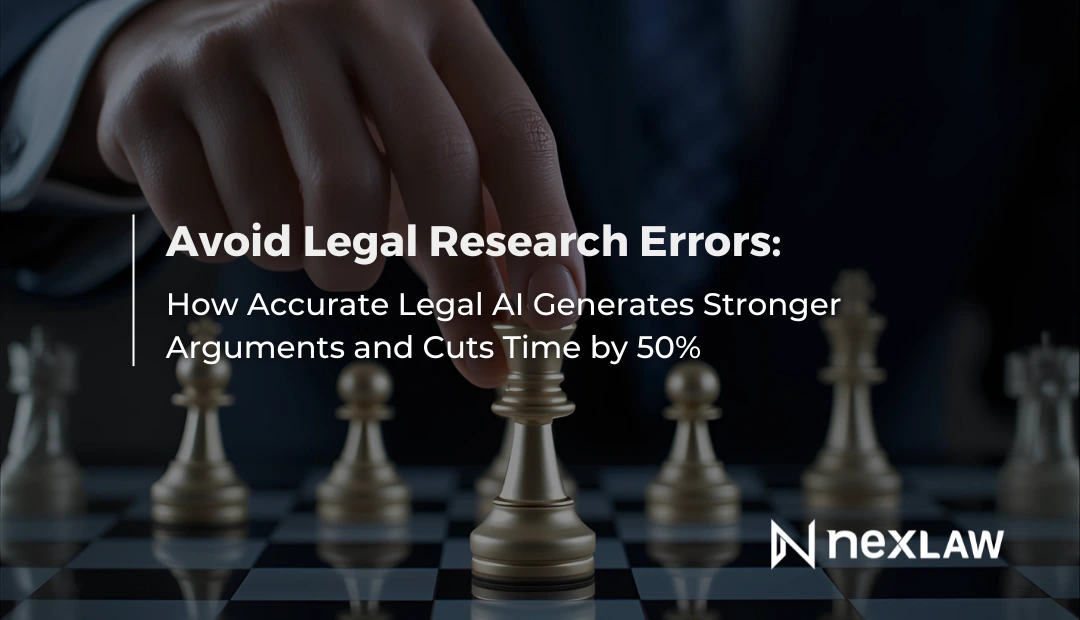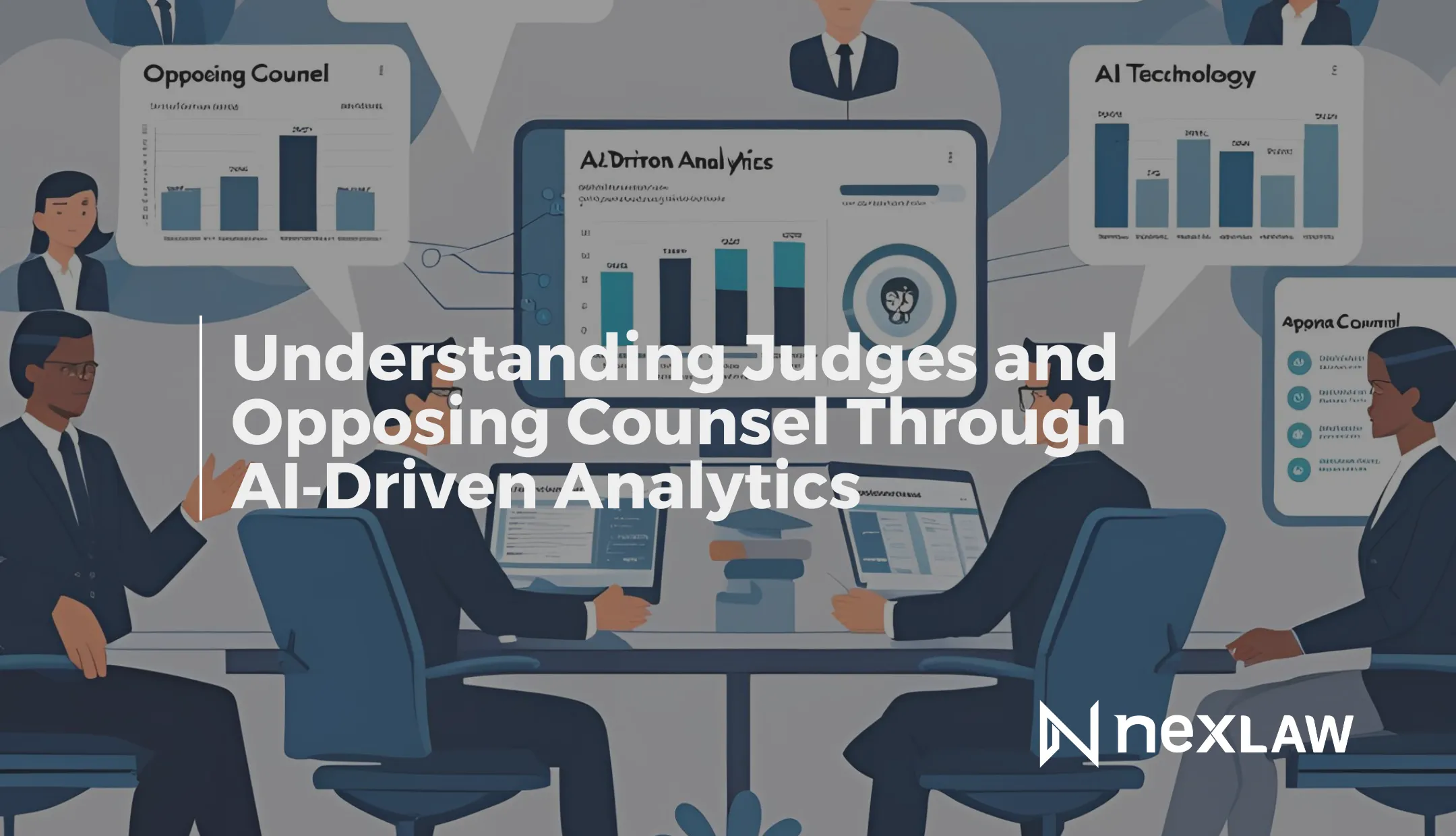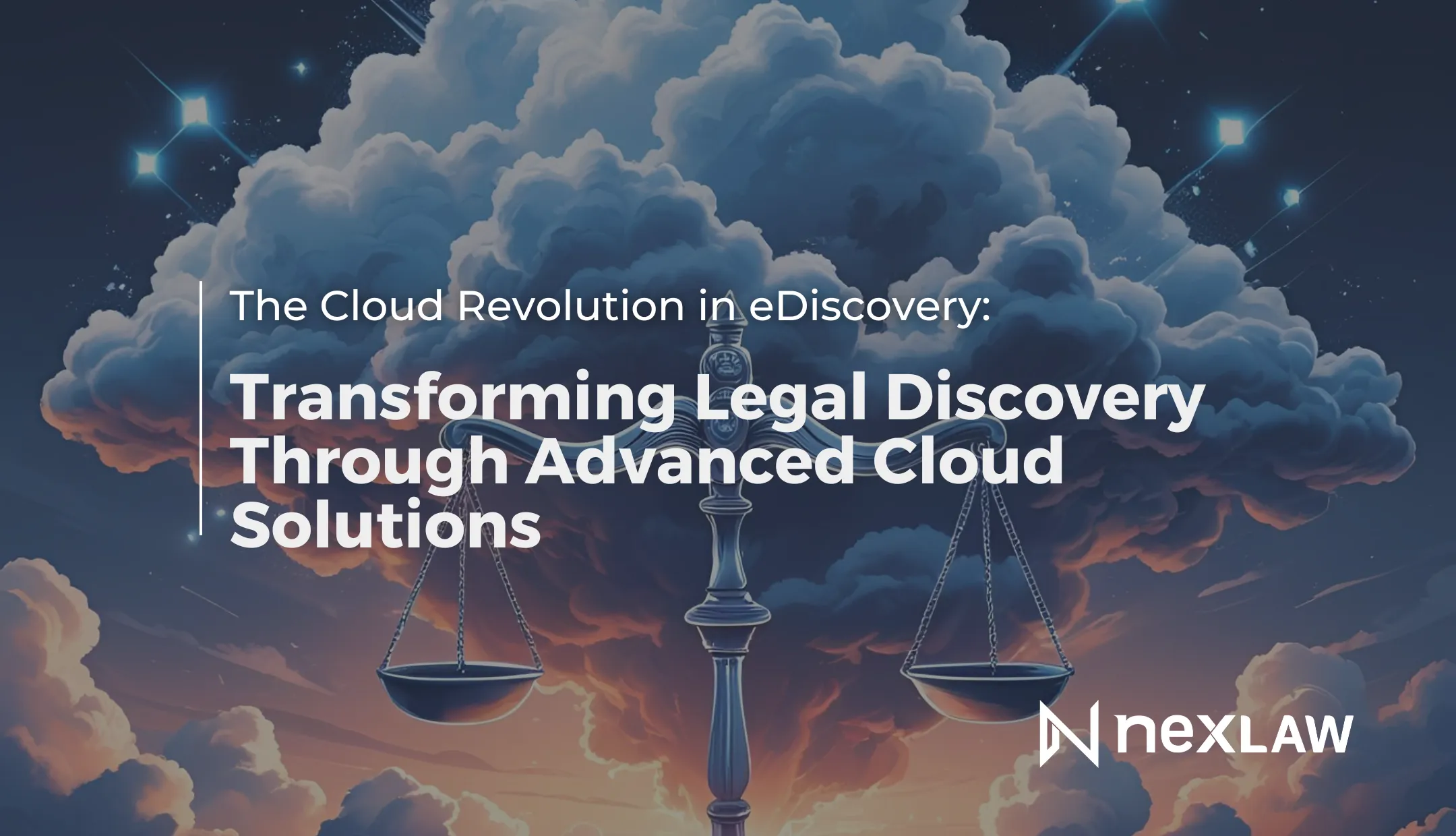The Future of Litigation Support: How AI Tools Are Transforming Legal Practice in 2026
The litigation landscape is experiencing an unprecedented transformation as artificial intelligence revolutionizes how attorneys prepare cases, analyze documents, and develop trial strategies. Modern litigation support tools have evolved far beyond basic case management systems, now offering sophisticated AI capabilities that can process thousands of documents in minutes, identify critical case patterns, and generate comprehensive chronologies that would traditionally take weeks to compile.
Unlock Legal Insights Instantly!
According to the American Bar Association’s 2026 Legal Technology Survey, 73% of litigation attorneys now report using AI-powered tools in their practice, representing a 34% increase from the previous year. This surge reflects the legal profession’s growing recognition that traditional litigation support methods simply cannot keep pace with the volume and complexity of modern legal cases, particularly in complex commercial litigation where document discovery can involve millions of files.
The Evolution of Document Processing and Analysis
The traditional approach to litigation support relied heavily on manual document review, basic keyword searches, and linear chronology creation. These methods were not only time-intensive but also prone to human error and oversight. Today’s AI-driven litigation support tools employ natural language processing and machine learning algorithms to understand context, identify relationships between documents, and extract relevant information with remarkable precision.
Federal court statistics from 2026 indicate that the average complex litigation case now involves processing 2.3 million documents, compared to 480,000 documents just five years ago. This exponential growth in document volume has made AI assistance not just helpful, but essential for effective case preparation. Advanced litigation support platforms can now analyze deposition transcripts, identify key witness statements, and cross-reference testimony with documentary evidence in real-time.
The technology has become sophisticated enough to recognize subtle patterns in communication, identify potential privilege issues, and flag documents that may be critical to case strategy. This level of intelligent analysis allows legal teams to focus their attention on high-value activities like strategy development and client counseling, rather than spending countless hours on document organization and basic analysis.
Streamlining Case Chronology and Timeline Development
One of the most time-consuming aspects of litigation preparation has traditionally been creating comprehensive case chronologies. Legal teams would spend weeks manually reviewing documents, depositions, and other evidence to construct timelines that accurately reflect the sequence of events relevant to their cases. This process was not only labor-intensive but also susceptible to human error and inconsistency.
Modern AI litigation support tools have revolutionized this process by automatically generating detailed chronologies from uploaded documents and case materials. These systems can process contracts, emails, meeting notes, and other evidence to create comprehensive timelines that identify key dates, events, and relationships between different pieces of evidence.
The ChronoVault feature represents a significant advancement in automated chronology generation, enabling legal teams to upload entire case files and receive detailed timelines within minutes rather than weeks. This technology doesn’t just organize dates chronologically; it intelligently identifies causal relationships, flags potential inconsistencies, and highlights patterns that might otherwise go unnoticed during manual review.
Recent case studies from major law firms indicate that automated chronology tools can reduce case preparation time by up to 87% while improving accuracy and completeness. The technology is particularly valuable in complex commercial disputes, medical malpractice cases, and white-collar criminal defense, where establishing accurate timelines is crucial to case success.
Advanced Legal Research and Argument Development
The integration of AI into legal research has transformed how attorneys build arguments and identify relevant precedents. Traditional legal research required extensive manual searching through case databases, often missing relevant authorities or failing to identify subtle legal distinctions that could impact case outcomes. AI-powered research tools now analyze vast legal databases to identify not just directly relevant cases, but also analogous situations and evolving legal trends that may strengthen legal arguments.
These advanced research capabilities extend beyond simple keyword matching to understand legal concepts, reasoning patterns, and judicial preferences. The technology can analyze thousands of cases within specific jurisdictions to identify which arguments are most likely to succeed before particular judges or courts, providing attorneys with strategic insights that were previously impossible to obtain efficiently.
NeXa exemplifies this evolution, offering specialized capabilities for building arguments through comprehensive case law analysis, comparing jurisdictions to identify favorable venues, and conducting deep research across multiple legal databases simultaneously. These tools can analyze pleadings to identify key facts and arguments, while also providing contract due diligence that efficiently identifies legal risks and ensures regulatory compliance.
Trial Preparation and Strategic Planning
Perhaps nowhere is the impact of AI litigation support tools more pronounced than in trial preparation. The TrialPrep functionality demonstrates how technology can compress what traditionally took 100 hours of preparation into just three minutes of automated analysis. This dramatic time reduction allows legal teams to focus on strategy development, witness preparation, and courtroom presentation rather than spending weeks organizing exhibits and preparing trial notebooks.
Modern trial preparation tools can automatically organize evidence by relevance, create exhibit lists, and even suggest optimal presentation sequences based on psychological research about jury decision-making. The technology can analyze deposition transcripts to identify the most compelling witness testimony and flag potential credibility issues that may need to be addressed during trial.
These capabilities are particularly valuable in complex litigation where the volume of evidence can be overwhelming. AI tools can identify the most persuasive documents for jury presentation, suggest effective demonstrative aids, and even predict potential opposing arguments based on case analysis and legal precedent review.
Document Insight and Contract Analysis
The ability to quickly understand complex legal documents has become increasingly important as contract terms grow more sophisticated and regulatory requirements become more complex. AI-powered document insight tools can analyze contracts, agreements, and other legal documents to identify key provisions, potential risks, and opportunities for negotiation or dispute.
These tools excel at comparing multiple versions of documents, identifying changes over time, and flagging clauses that may conflict with standard practices or regulatory requirements. The technology can also perform comprehensive due diligence reviews, analyzing hundreds of contracts simultaneously to identify patterns, risks, and opportunities that might otherwise require weeks of manual review.
The contract drafting capabilities of modern litigation support tools extend beyond simple template generation to include intelligent clause suggestion based on specific transaction types, jurisdictional requirements, and industry standards. This ensures that legal documents are not only accurate but also optimized for their intended purpose and regulatory environment.
Security and Compliance Considerations
As litigation support tools become more sophisticated, security and compliance have become paramount concerns for legal professionals. The sensitive nature of legal documents and client information requires litigation support platforms to maintain the highest levels of data protection, including end-to-end encryption, secure cloud infrastructure, and compliance with professional responsibility rules.
Modern AI litigation support platforms employ security-first architecture with private cloud infrastructure specifically designed for legal practice requirements. These systems include audit trails, access controls, and data retention policies that meet bar association guidelines and client confidentiality requirements.
The technology also includes compliance monitoring features that help legal teams ensure their use of AI tools complies with evolving ethical guidelines and professional responsibility rules governing the use of technology in legal practice.
The Future of AI-Powered Litigation Support
AI-powered litigation support is evolving rapidly reshaping how legal professionals prepare, strategize, and deliver results. Machine learning continues to improve its grasp of legal reasoning, while advanced NLP is becoming more capable of understanding nuanced arguments and complex fact patterns.
What’s ahead? Expect:
- Predictive analytics for case outcome forecasting
- Automated brief generation based on fact patterns and legal precedent
- Real-time courtroom presentation tools responsive to juror or judicial cues
Together, these innovations will make litigation more efficient, strategic, and accessible—helping attorneys focus on advocacy rather than administration.
For litigators navigating an increasingly complex legal landscape, adopting AI tools is no longer a competitive edge—it’s a necessity.
- Book a Demo – See how ChronoVault, TrialPrep, and NeXa can power your litigation workflow
- Explore Plans – Includes a free 3-day trial to experience NexLaw for yourself
